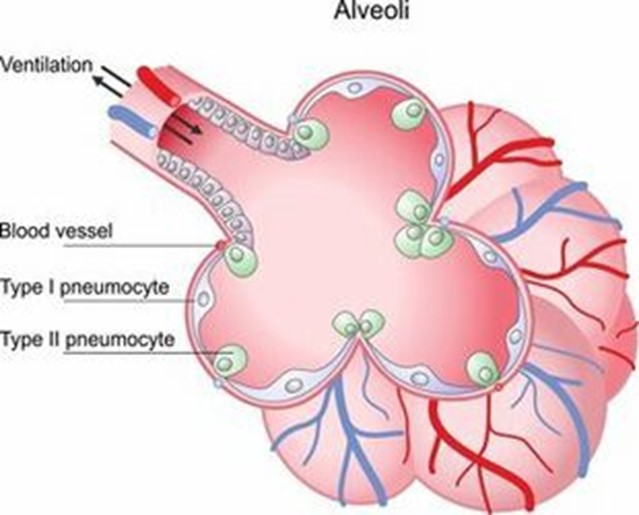A nurse is assisting a client with breastfeeding her newborn. The nurse should explain that which of the following reflexes will initiate sucking?
Moro.
Rooting.
Stepping.
Babinski.
The Correct Answer is B
Rooting. Choice A rationale:
The Moro reflex is a startle reflex characterized by the infant's sudden extension and abduction of the arms in response to a loud noise or sudden movement. It is not involved in the initiation of sucking and is unrelated to breastfeeding.
Choice B rationale:
The rooting reflex is a crucial reflex that helps initiate sucking in newborns. When the infant's cheek is stroked or touched, they will turn their head toward the stimulus and open their mouth, preparing for feeding. This reflex helps the infant find the mother's nipple and begin breastfeeding effectively.
Choice C rationale:
The stepping reflex is a primitive reflex observed in newborns when held upright with their feet touching a solid surface. The baby will make stepping movements, mimicking walking. However, this reflex is not related to the initiation of sucking and breastfeeding.
Choice D rationale:
The Babinski reflex is a reflex in which the big toe extends upward and the other toes fan out when the sole of the foot is stimulated. This reflex is present in newborns and disappears as the child grows older. It is not involved in the initiation of sucking.
Nursing Test Bank
Naxlex Comprehensive Predictor Exams
Related Questions
Correct Answer is B
Explanation
Choice A rationale:
Providing a heat source for the newborn is not the purpose of surfactant. Surfactant is a substance produced in the lungs to reduce surface tension and prevent alveolar collapse during expiration. It helps with the exchange of gases, but it does not generate heat.
Choice B rationale:

This is the correct answer. Surfactant plays a crucial role in assisting the alveoli to remain open by reducing surface tension. This, in turn, allows for proper gas exchange, especially of oxygen and carbon dioxide.
Choice C rationale:
Assisting the ductus arteriosus to remain open is not the purpose of surfactant. The ductus arteriosus is a fetal blood vessel that connects the pulmonary artery to the aorta, bypassing the lungs. After birth, it should close on its own, and surfactant does not influence this process.
Choice D rationale:
Providing energy to the newborn is not the purpose of surfactant. Energy for the newborn comes from nutrition, particularly breast milk or formula, and not from surfactant
Correct Answer is B
Explanation
Choice A rationale:
Newborns do not show interest in eating while crying. Crying is usually an indication of distress or hunger and not a state where they are interested in eating.
Choice B rationale:
Newborns are most interested in eating when they are in an "alert”. state. During this state, the baby is awake, calm, and attentive, making it an ideal time for feeding.
Choice C rationale:
In the "drowsy”. state, newborns may be sleepy and less interested in eating. They might feed less effectively in this state.
Choice D rationale:
"Active alert”. is a state where the newborn is awake, attentive, and active. While they may be interested in their surroundings, they may also be easily distracted during feeding.
Whether you are a student looking to ace your exams or a practicing nurse seeking to enhance your expertise , our nursing education contents will empower you with the confidence and competence to make a difference in the lives of patients and become a respected leader in the healthcare field.
Visit Naxlex, invest in your future and unlock endless possibilities with our unparalleled nursing education contents today
Report Wrong Answer on the Current Question
Do you disagree with the answer? If yes, what is your expected answer? Explain.
Kindly be descriptive with the issue you are facing.
